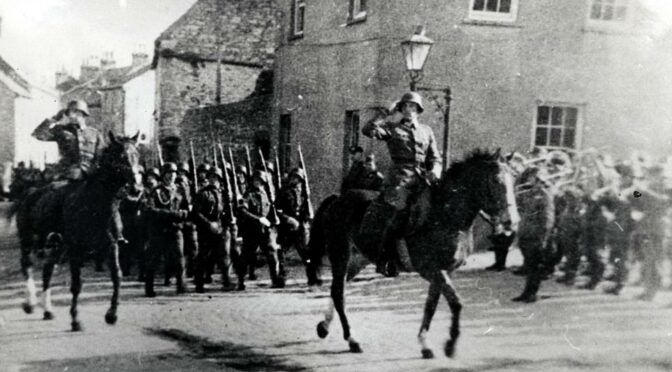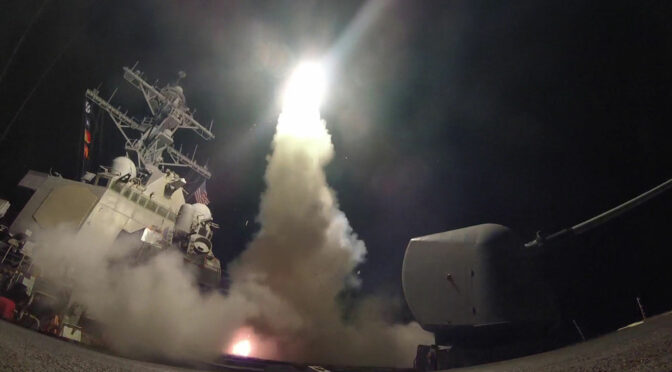Article published by Breitbart, 16 June 2017
by Richard Kemp and Rafael Bardaji
On 25 January 2015, a bus driver was stabbed to death by a Palestinian terrorist who also injured several passengers before he was subdued by Israeli police; on 6 March, this time in Jerusalem, another terrorist drove his car into a group of people at a light railway stop, injuring 7 before being arrested by police officers.
A forthcoming report by the High Level Home Front Group shows that between 13 September 2015 and 25 July 2016 there were 157 stabbing attacks and 46 vehicle ramming attacks, with dozen of deaths and hundreds of injured people in Israel. Despite this incessant carnage, the West didn’t pay too much attention.
Our perception was more attuned to car-bombings and suicide terrorists, so this kind of low-level violence was not really considered terrorism – a mistake, to our own peril, as we know now.
Newscasts and public attention in Europe tended to focus on large-scale terrorist attacks, as in Madrid in 2004, London in 2005, Paris in January and November 2015, or Brussels in March 2016.
Yet the pattern of a new kind of Islamist terror was also brewing on our soil: in May 2010 in London, a British MP was stabbed and seriously wounded by a female who had been inspired by Al Qaida; in May 2013 two men who described themselves as ‘soldiers of Allah’ rammed their car into an off-duty soldier also in London and then cut him up with knives and a meat cleaver; in December 2014, a man with a knife, shouting ‘Allahu Akbar’, attacked several police officers at a police station in Tours, France; in 2015 there were at least two stabbing attacks in France and in January 2016 the first ramming attack using a car against soldiers took place.
The first attack using a truck happened in Nice during the celebrations for 14 July.
This non-traditional small-scale terrorism was not limited to the UK and France, striking other European nations too. In Hanover, Continue reading







